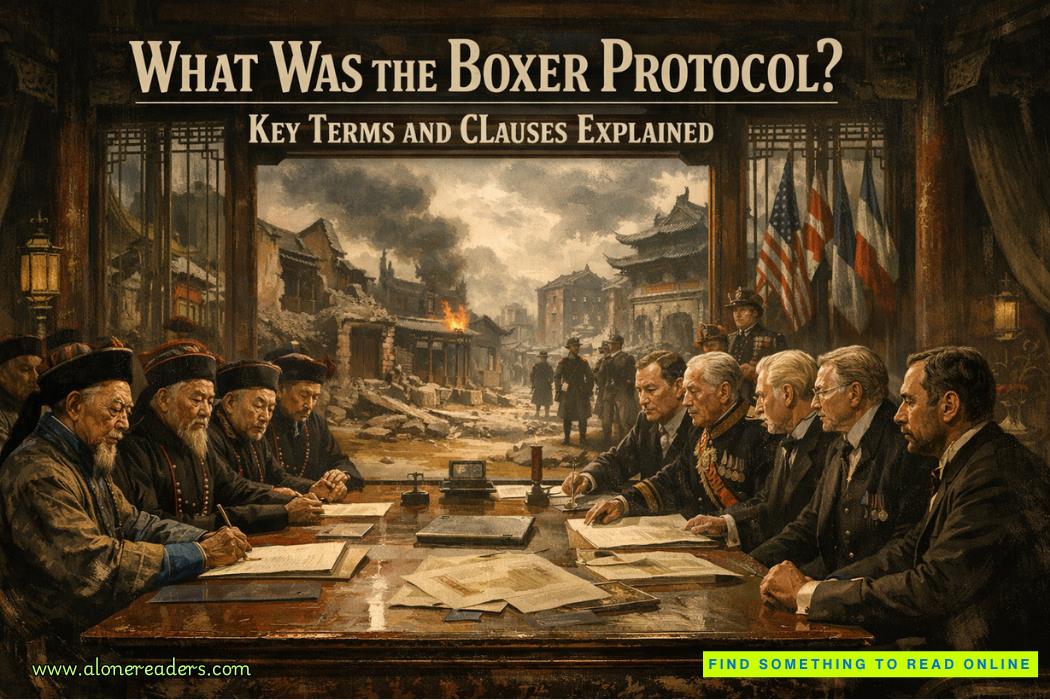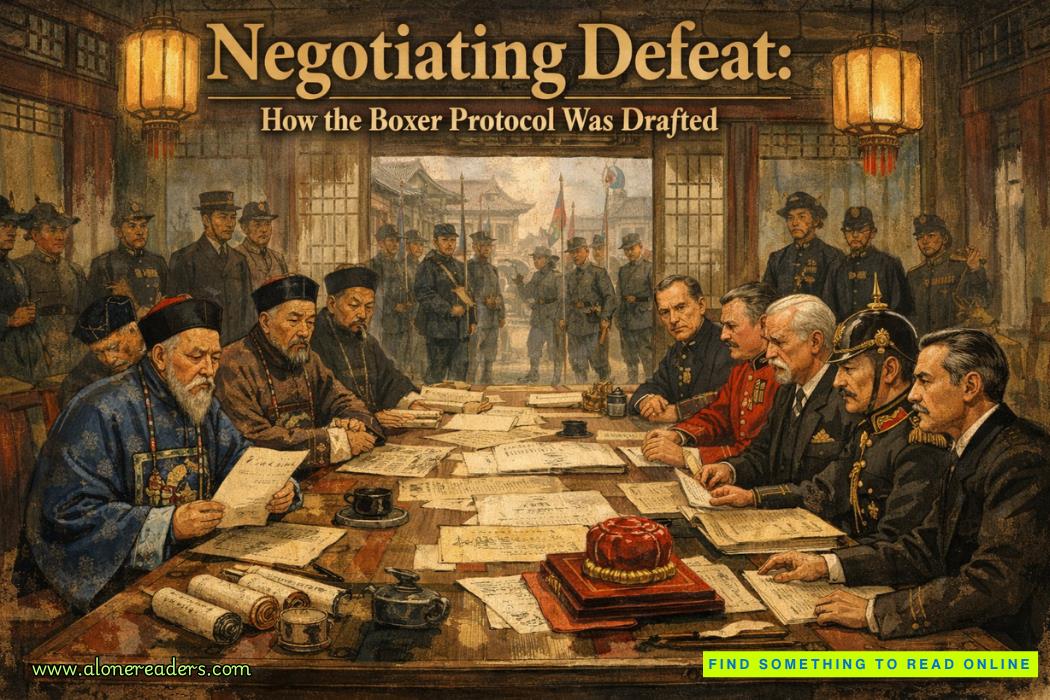“What say you, Elizabeth?”
She did not speak. She was thinking. Perhaps her life was not ruined after all. He said he did not love or yearn for Abby. She was relieved to learn she had not missed any signs of an amorous liaison. And if she were with child, he would welcome both theinfant and the mother. She need not fear being put away in his Scottish estate and abandoned there.
At last, she spoke. “I have suffered miserably, Fitzwilliam. I believed you were in love with Abby and were yearning for her, and I had come between you. I feared I would be the wife you regretted. I refused your offer of marriage from that very fear, the fear you would come to regret your choice of wife. And just now, when I realized I may be with child, I feared you would take it away from me if it were a boy and you would put me away, perhaps at your estate in Scotland. All these thoughts deepened my misery until all I wanted was to go to sleep and never wake up.”
She turned her face into his neck and began to sob, the sadness still engulfing her. He held her, and when she looked up into his face, she realized he, too, was weeping.
Chapter 92: Lydia
Longbourn, April 1815
A carriage drew up to Longbourn, the clatter of wheels carrying into the hall. Mrs. Bennet, hearing it, hurried to the front entrance. Recognizing the family coach, she rushed outside just as Mr. Bennet handed down a tall young lady.
“Lydia!” she cried.
The young woman, now nineteen, lifted her dark eyes to her mother. “Mamma.”
Mother and daughter embraced, tears rising in both their eyes. “I hardly recognize you, my girl. You have grown so tall.” Mrs. Bennet pulled her close again and held her fast. At last, she let her go and said, “Let us have tea. You must be famished.”
In the drawing room, Mr. and Mrs. Bennet sat across from their youngest daughter. She was a beauty, perhaps even lovelier than Jane.
“Was it very difficult leaving behind your friends? I think you wrote that Joanna will remain another year?”
“Yes, I promised to write to her. It was hard to leave my friends, but Cecilia will depart in another month, and Sophia will return to Wales in July, so it is just as well that I return home now. I would be desperately alone if I remained much longer.”
Mrs. Bennet flushed. “Do you think very badly of us for having sent you away?”
Lydia looked down at her hands. “I would like to apologize to both of you. My behavior was that of a wanton. I was too youngthen to know where it would lead, but I did meet some ruined young girls at the school, and I am grateful I was saved from their fate.”
Mrs. Bennet moved to sit next to her daughter. Lydia continued. “I saw one young girl dwindle to skin and bones. She refused to eat. She had a son out of wedlock, and the child was given to an orphanage. She will never see him again, nor does she know if he is still alive. She has no money of her own and cannot search for him. Another young woman lost her virtue but did not conceive. She remained at the school until her parents found her a husband. Her father is a baron, but they married her to a tenant farmer, for no other man would take a fallen woman. I saw her leave the school with her father. She was crying, begging to be allowed to stay another year so she could serve as a governess. She did not want to marry a stranger from a lower circle, but her father took her away. I am grateful, Papa, that you intervened in time to save me from myself. When I marry and have children, they will never be permitted to speak to the officers of the militia.”
Mr. and Mrs. Bennet looked at each other. He raised his brow and shook his head.
Hill entered with the tray and curtsied. “Miss Lydia, it is good to have you home. You have grown up, and I can see you are as lovely as your sisters.”
Lydia rose and embraced the older woman. “Hill, I apologize for everything I put you through all those years. You were always too patient with me. I hope Mr. Hill is well?”
The housekeeper looked surprised and pleased. “He is healthy and strong, Missy. He is out collecting cook’s order.” With another curtsy, she withdrew.
Lydia returned to sit beside her mother. “Tell me about our neighbors, Mamma. In your last letter, you said Jane and Mr. Bingley are in Yorkshire visiting relatives. Is Jane expecting again?”
Mrs. Bennet began, “Jane is expecting their third child and hopes for a girl she can dress up. You know how she loves to shop. Mary and Mr. Collins Bennet are going on a holiday. It will be their first. They are taking their boys to the Lake District and then will visit the Darcys at Pemberley for three weeks.”
Lydia placed her hand over her mother’s. “Did you say Mr. Collins Bennet?”
“Yes. The entail stipulated that the heir must take the name Bennet, as it is tied to the estate. Mr. Collins was not obliged to change his name until he inherited, but he thought it best to do so before his first child was born. So both boys are Bennets, and the name will live on.”
Mr. Bennet turned to his daughter. “Mr. Darcy’s solicitor worked with me and Mr. Collins Bennet, and we were able to break the entail. It is a relief to know that none of my future heirs will be encumbered by it.”
Lydia’s eyes were questioning. “How was that possible? I always believed the entail was set in stone for perpetuity.”
Mr. Bennet shook his head. “The law states that by agreement of the present holder and the heir, the entail can be broken. Collins and I together petitioned to convert the estate into fee simple. That means full ownership, which may be sold or willed freely. The entail is no more.”
Lydia’s brows rose. “So Mary need never fear being turned out into the hedgerows?”
Mrs. Bennet gasped. “No indeed, for she has two sons, but even without them, the entail no longer exists. Little Christopher need never fear that his wife and children will lose their home.”
“I am glad,” Lydia said softly. “The threat of living in the hedgerows was the reason I once wished to marry young, to save the family. But I will admit, later I found I enjoyed the attentions of a handsome man.”















